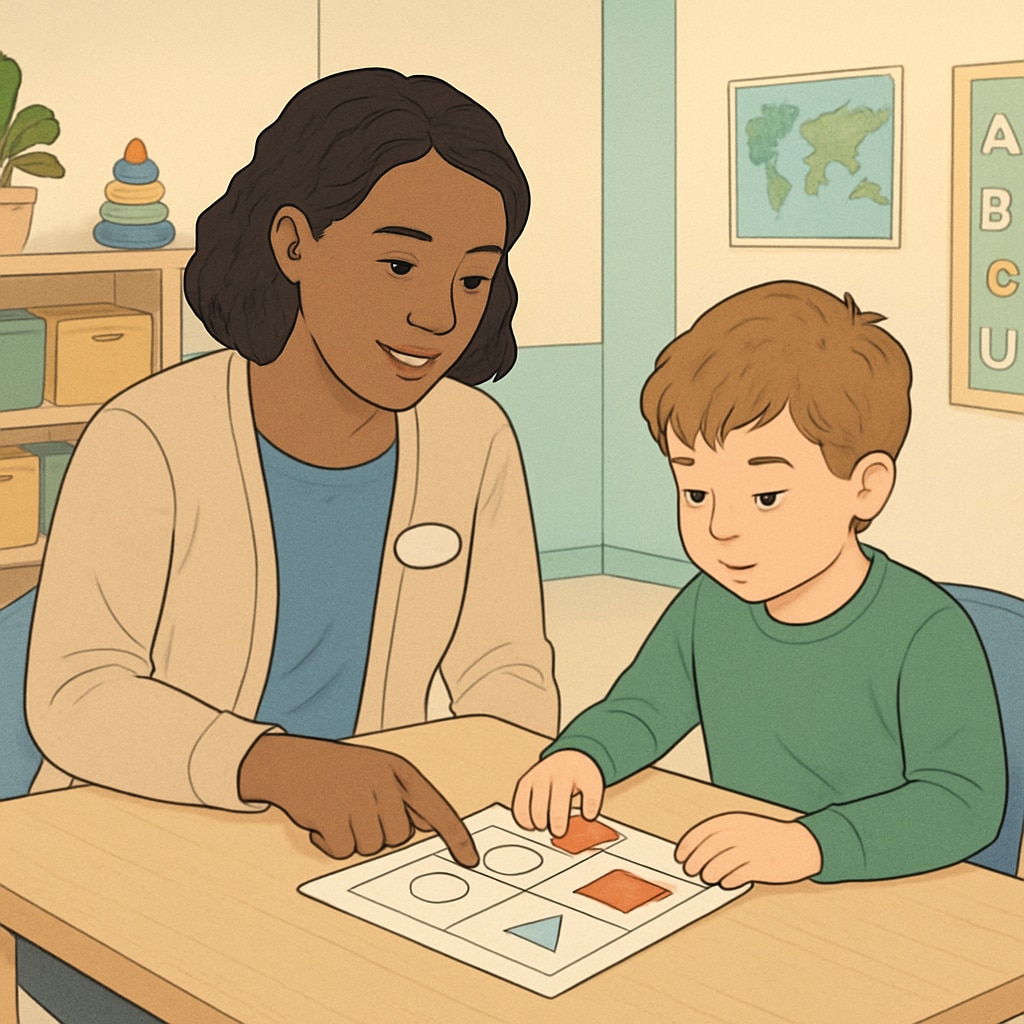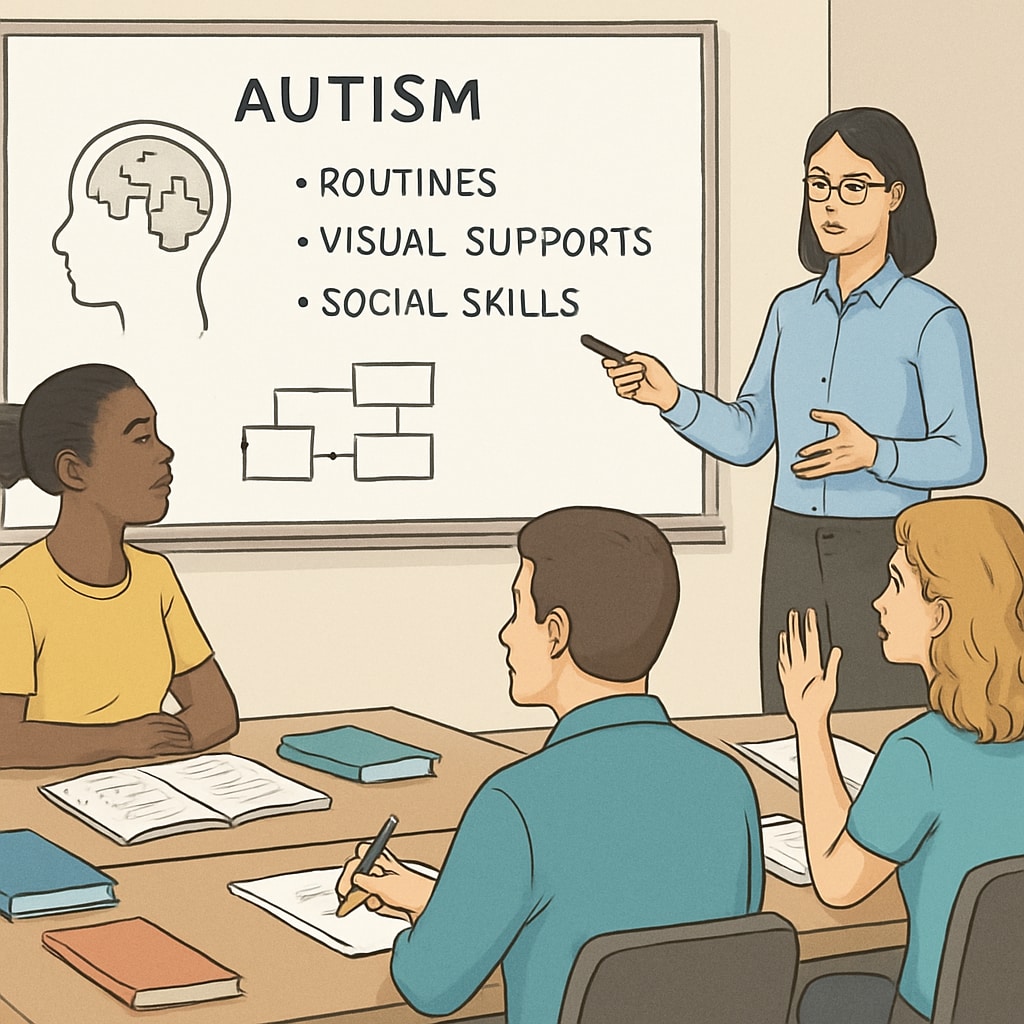Working in special education with children on the autism spectrum as a teacher assistant is a career filled with both challenges and profound rewards. It requires not only a deep understanding of autism but also patience, adaptability, and emotional resilience. This article explores the unique demands of this role while offering practical preparation tips for those considering a path in special education.
Understanding Autism and Its Educational Implications
Autism Spectrum Disorder (ASD) is a developmental condition characterized by challenges in communication, social interaction, and repetitive behaviors. Each child with autism is unique, with strengths and needs that vary widely. As a teacher assistant in special education, understanding the spectrum’s diversity is critical. For example, while some children may have extraordinary memory skills, others may struggle with basic verbal communication.
To prepare, aspiring teacher assistants should familiarize themselves with the core characteristics of autism. Resources such as the Autism Speaks website provide valuable information. In addition, gaining knowledge about sensory sensitivities, behavioral patterns, and communication styles will help you better support students in their learning journey.

Building Emotional Resilience for Special Education
Working with children with autism can test your emotional resilience. Students may exhibit challenging behaviors or struggle to engage with traditional teaching methods. However, these moments also present opportunities for growth—both for the student and the teacher assistant. Building emotional resilience involves:
- Practicing mindfulness or stress management techniques to maintain composure during difficult moments.
- Understanding that progress may be slow and celebrating small milestones.
- Seeking support from colleagues or mentors when feeling overwhelmed.
Remember, your ability to remain calm and empathetic is essential not only for your well-being but also for creating a positive environment for the children you support.
Key Skills for Teacher Assistants in Autism Education
The role of a teacher assistant in special education requires a combination of technical knowledge and soft skills. Here are some key areas to focus on:
- Communication Skills: Learn alternative communication methods such as Picture Exchange Communication System (PECS) or basic sign language to assist nonverbal students.
- Behavior Management: Familiarize yourself with strategies like Applied Behavior Analysis (ABA) to address challenging behaviors effectively.
- Adaptability: Be prepared to modify lesson plans or activities to suit the needs of individual students.
In addition to these skills, ongoing professional development is crucial. Enroll in workshops or courses focused on autism education to stay updated on best practices.

Support Systems and Collaboration
Collaboration is a cornerstone of success in special education. As a teacher assistant, you will work closely with lead teachers, therapists, and parents to develop and implement individualized education plans (IEPs). Effective communication and teamwork are essential to ensure consistency and progress in a child’s development.
Moreover, connecting with fellow teacher assistants or joining professional networks can provide emotional and practical support. Organizations like the National Association of Special Education Teachers (NASET) offer resources and forums for professionals in this field.
The Rewards of Working in Special Education
While the challenges of working with children on the autism spectrum are undeniable, the rewards are equally profound. Witnessing a child achieve a milestone—no matter how small—can be incredibly fulfilling. Your role as a teacher assistant has a direct impact on a child’s ability to learn, communicate, and navigate the world more effectively.
In addition, this career fosters personal growth. It teaches patience, empathy, and the value of persistence. For many teacher assistants, the relationships built with students and their families become the most cherished part of the job.
In conclusion: A career in special education requires preparation, resilience, and a commitment to lifelong learning. By equipping yourself with the right skills and mindset, you can make a meaningful difference in the lives of children with autism and find immense personal and professional fulfillment.


